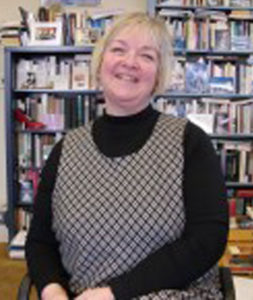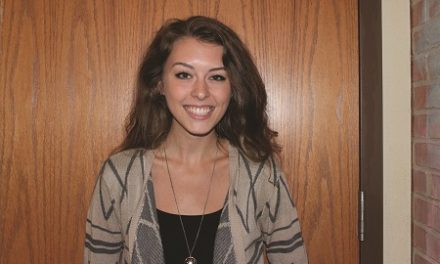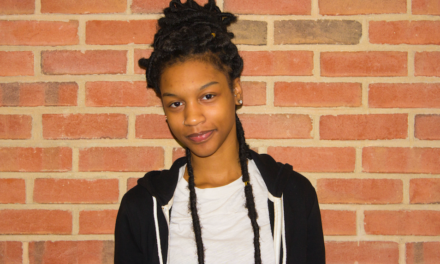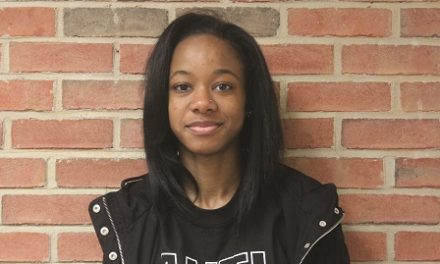By Alicia Seewald (Whetstone Staff Writer)
When Dr. Linda DeRoche received an invitation from Wesley’s president during her first year as a teacher, it was addressed to “Mrs. DeRoche.
She later discovered the male faculty had been address as “Dr.,†rather than “Mr.â€
“It was a small discrimination,†DeRoche said. “But I worked just as hard for my title as anyone and I complained. If it is a social event, the title ‘Mr. or Mrs.’ is permitted; however, if the men can get their title but not the women, that is discrimination.â€
Many students believe that sexism is no longer as serious a problem as it was, and that feminism is no longer important. In fact, for many, “feminism†is viewed negatively.
“I don’t think feminism is as important as it was a decade, or even two decades ago,†said senior Derrick Haynes. “It was a good idea but I don’t think they really need it now. I don’t think it’s much of a problem now.â€
However, some professors believe this is because students have not experienced full-time work.
“When I was in college, women were more concerned with being vigilant about discrimination,†DeRoche said. “Women today are far less aware of the discrimination that they will face in the workforce.â€
There are many misconceptions of what it means to be a feminist, she said.
“My immediate reaction to the word is negative,†said senior Allison Rubacky. “I completely agree with the subject. However, I do feel that feminism comes with other deeper meanings that I would prefer to not be associated with, such as the idea that women should work for the rest of their lives and be professionals or else their lives are meaningless and hollow.â€
DeRoche has an explanation for this. Feminism has been demonized.
“People have attached negative stigma to the word,†she said. “When we talk about rhetoric, it is the idea that we can demonize a word. People didn’t want to work with feminists so they worked to discredit them from the beginning.â€
Dr. Jeffery Mask agrees that feminism has become a negative word.
“In some circumstances, we have a bunch of irresponsible idiots on TV that use the term incorrectly,†he said. “But we should treat these people as idiots and not consider what they have to say.â€
Mask believes that men and women are equal, and understands feminism to be a philosophy that promotes the worth and dignity of a woman.
DeRoche said many of her students do not want to see themselves as feminists.
“When I ask students whether they consider themselves as feminists, very few raise their hands,†she said. “But when I ask my students if they believe in equal wages and equality of women they all raise their hands, and I say to them they are [feminists].â€
Rubacky believes that every man and women should have the right to make their own choices, and that women should not be bound by their gender to what they can and cannot do.
And she is adamant that she is not a feminist.
“I personally do not consider myself one [a feminist] because of all the negative connotations that are associated with it,†Rubacky said. “I do feel that women should have the same rights as men, but that does not mean I need to constantly remind people that I am a feminist. I am a female that still believes in traditional family values.â€
This understanding of feminism bothers DeRoche.
“Now all you have to do to discriminate against a woman is to call her a feminist,†she said. “The notion is to say that she is a man-hater, a bra-burning lesbian. I am none of these things, but I consider myself a feminist.â€






